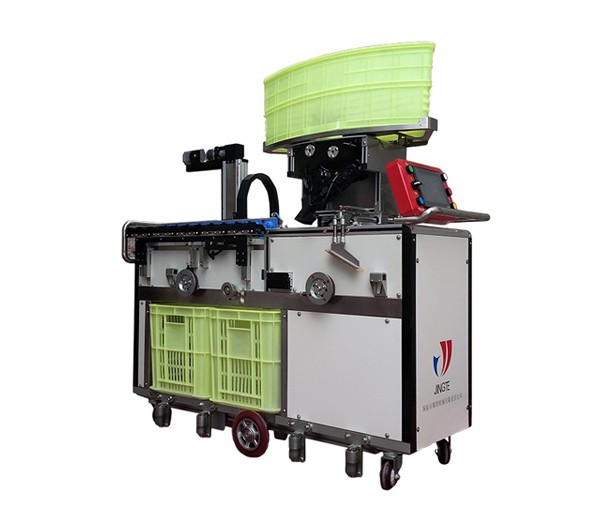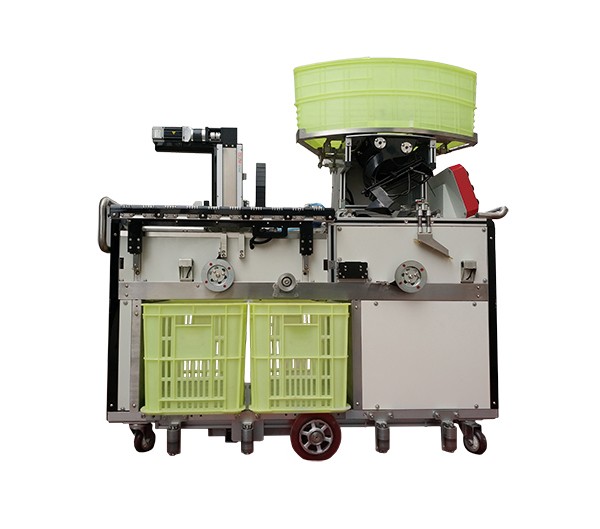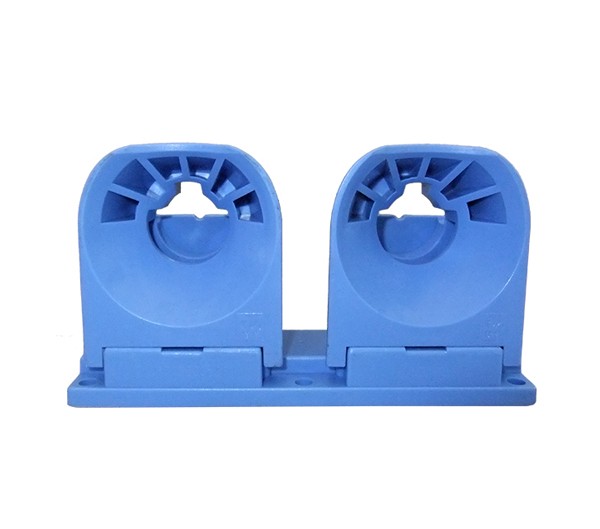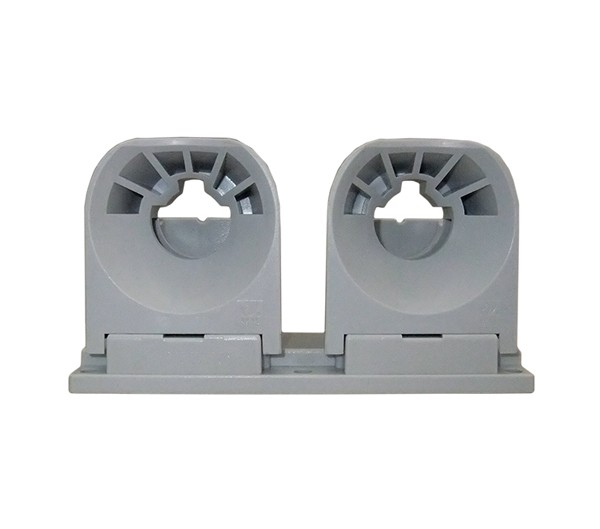China's textile quality and safety standards will be transparent and unified
來源:未知 發(fā)布時間:2015/1/31 0:00:00
According to the news from the General Administration of Quality Supervision and Inspection, the General Administration of Quality Supervision and Inspection, the State Standards Committee, the Ministry of Industry and Information, the General Administration of Industry and Commerce, and the China Consumption Association have recently launched a special campaign to hedge consumer safety standards such as textiles. Starting from 2014, it will take three years to strive to build a consumer safety standardization system and a quality co-governance mechanism to adapt to the new situation and requirements by the end of 2016.
According to the introduction, the special action of building a fence for consumer safety standards mainly includes four specific actions: the action of comparing domestic and foreign standards for consumer safety, the action of improving standard-setting ability, the joint action of supervision and supervision of standard implementation, and the action of benefiting enterprises and citizens by standards. Its main objectives are: to vigorously promote the process of mutual recognition of standards with major trading countries and strive to achieve the first consistency of standards at home and abroad in the field of consumer goods; to improve the standard system and speed up the formulation of cross-domain general safety standards for chemical hazards in consumer goods and basic safety of children's articles; to promote standardization work to meet the needs of social hot spots and to speed up the formulation of "Daily Protective Masks" Technical specifications, air purifiers and other safety-related standards are urgently needed; to improve the capacity of standardized public services, to build a consumer safety standard service network, to provide standardized one-stop information services for enterprises and consumers, and so on.
Tian Shihong, director of the National Standards Committee, said that at present there are more than 3,000 national standards and 4,100 industrial standards in the consumer goods fields of light industry, textiles, coatings and building sanitary ceramics, covering almost all aspects of the consumer goods industry and constituting a relatively complete and reasonably structured consumer goods standard system. However, compared with the rapid development of the consumer goods industry, the rapid change of products, and the continuous improvement of the people's requirements for the quality and safety of consumer goods, the standardization work is still not suitable and can not keep up with in some areas.
According to the introduction, the special action of building a fence for consumer safety standards mainly includes four specific actions: the action of comparing domestic and foreign standards for consumer safety, the action of improving standard-setting ability, the joint action of supervision and supervision of standard implementation, and the action of benefiting enterprises and citizens by standards. Its main objectives are: to vigorously promote the process of mutual recognition of standards with major trading countries and strive to achieve the first consistency of standards at home and abroad in the field of consumer goods; to improve the standard system and speed up the formulation of cross-domain general safety standards for chemical hazards in consumer goods and basic safety of children's articles; to promote standardization work to meet the needs of social hot spots and to speed up the formulation of "Daily Protective Masks" Technical specifications, air purifiers and other safety-related standards are urgently needed; to improve the capacity of standardized public services, to build a consumer safety standard service network, to provide standardized one-stop information services for enterprises and consumers, and so on.
Tian Shihong, director of the National Standards Committee, said that at present there are more than 3,000 national standards and 4,100 industrial standards in the consumer goods fields of light industry, textiles, coatings and building sanitary ceramics, covering almost all aspects of the consumer goods industry and constituting a relatively complete and reasonably structured consumer goods standard system. However, compared with the rapid development of the consumer goods industry, the rapid change of products, and the continuous improvement of the people's requirements for the quality and safety of consumer goods, the standardization work is still not suitable and can not keep up with in some areas.




